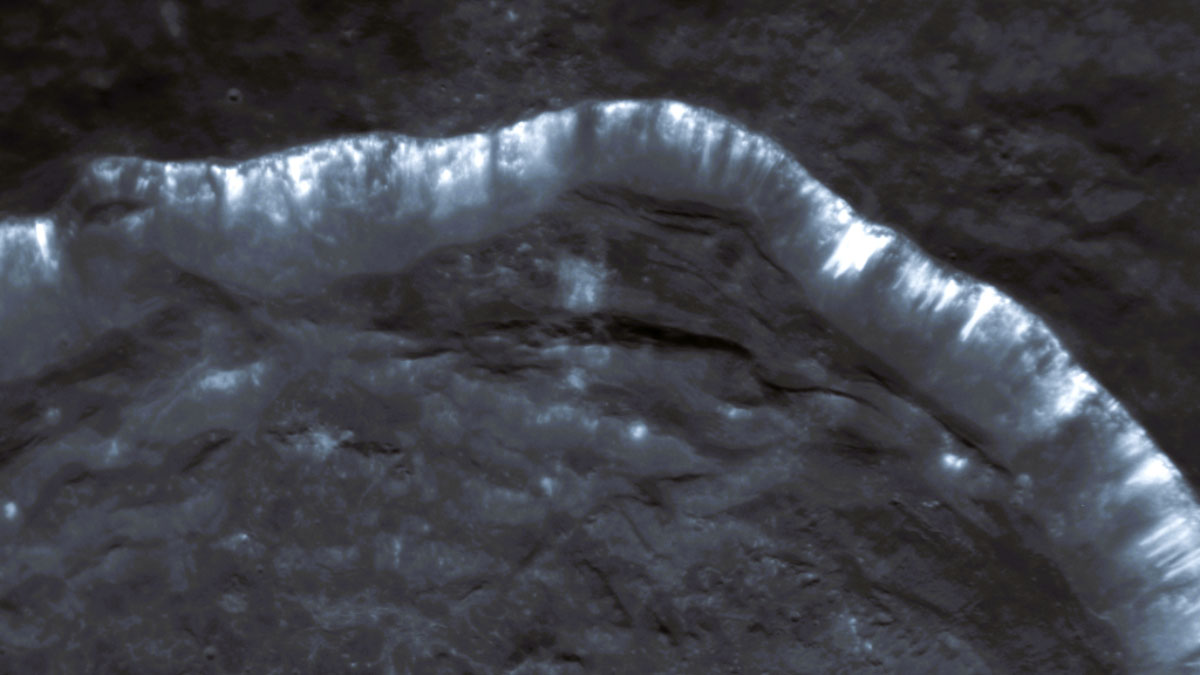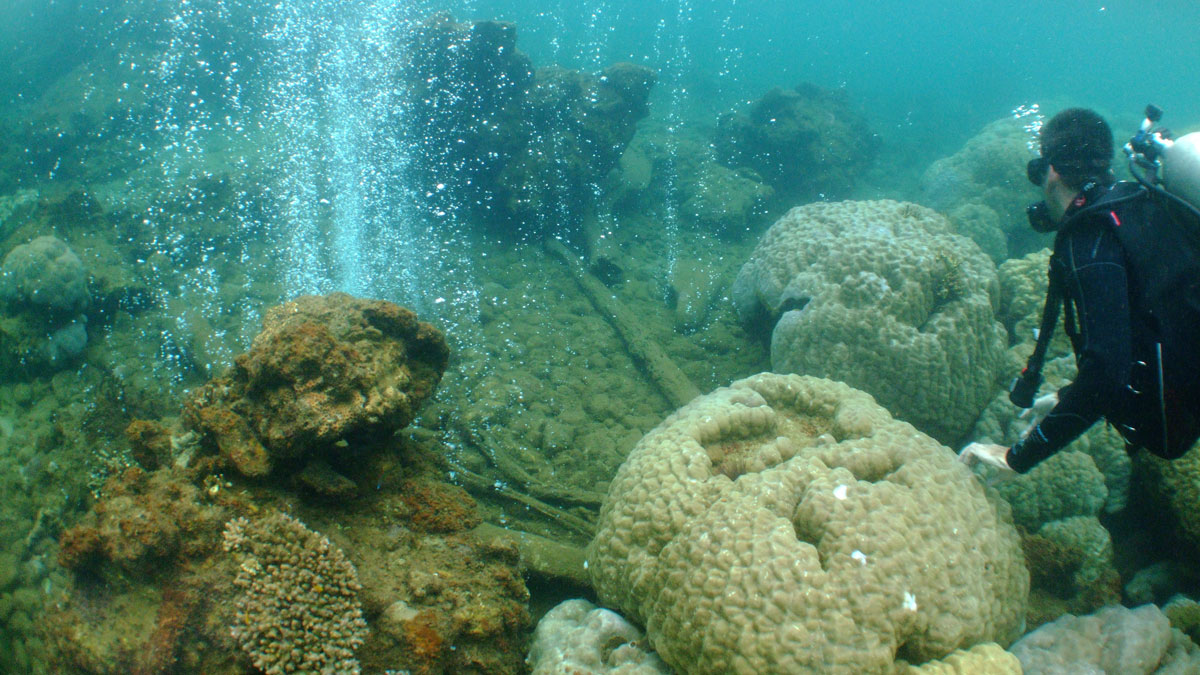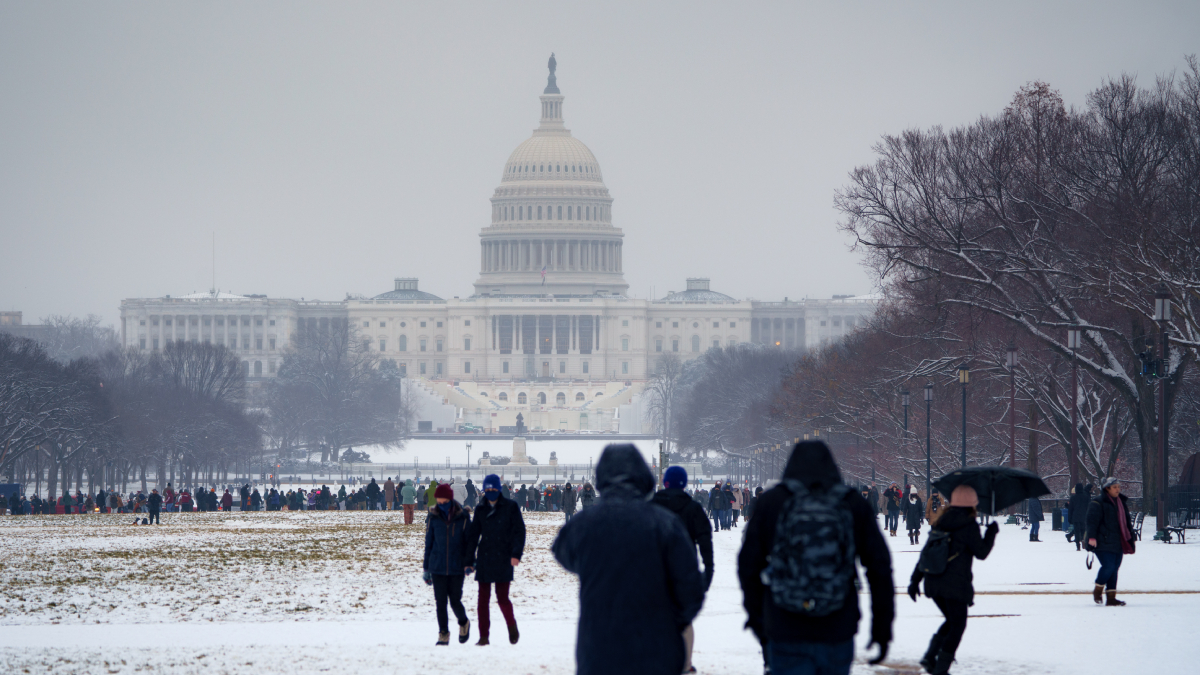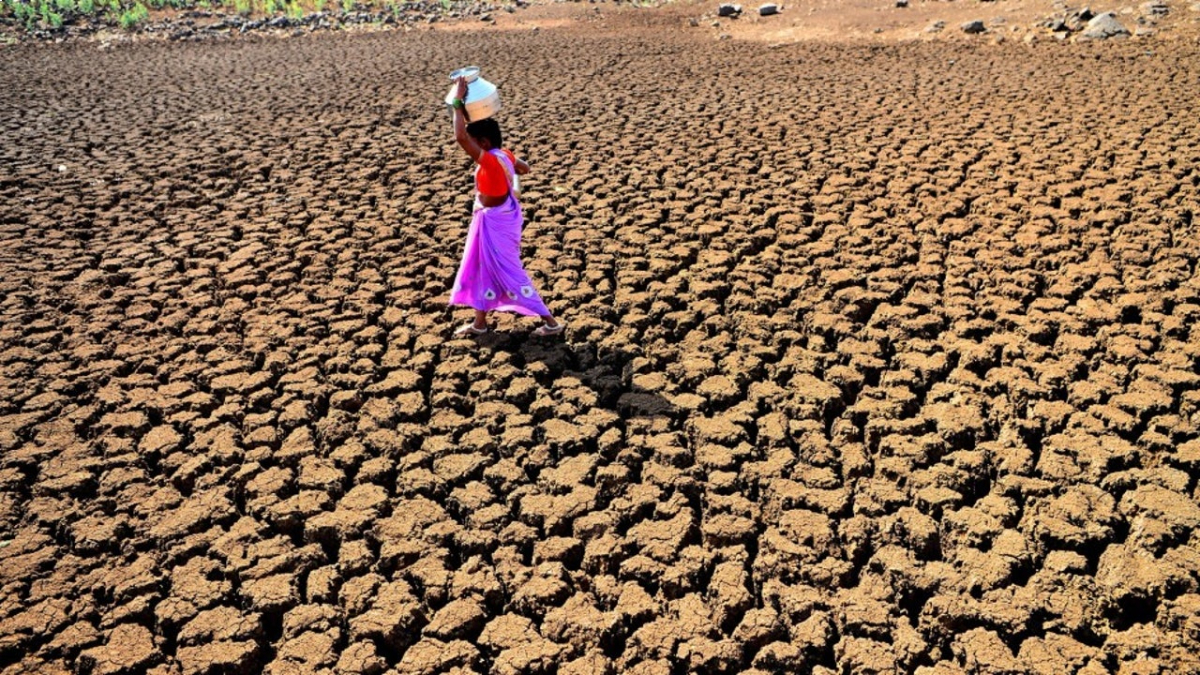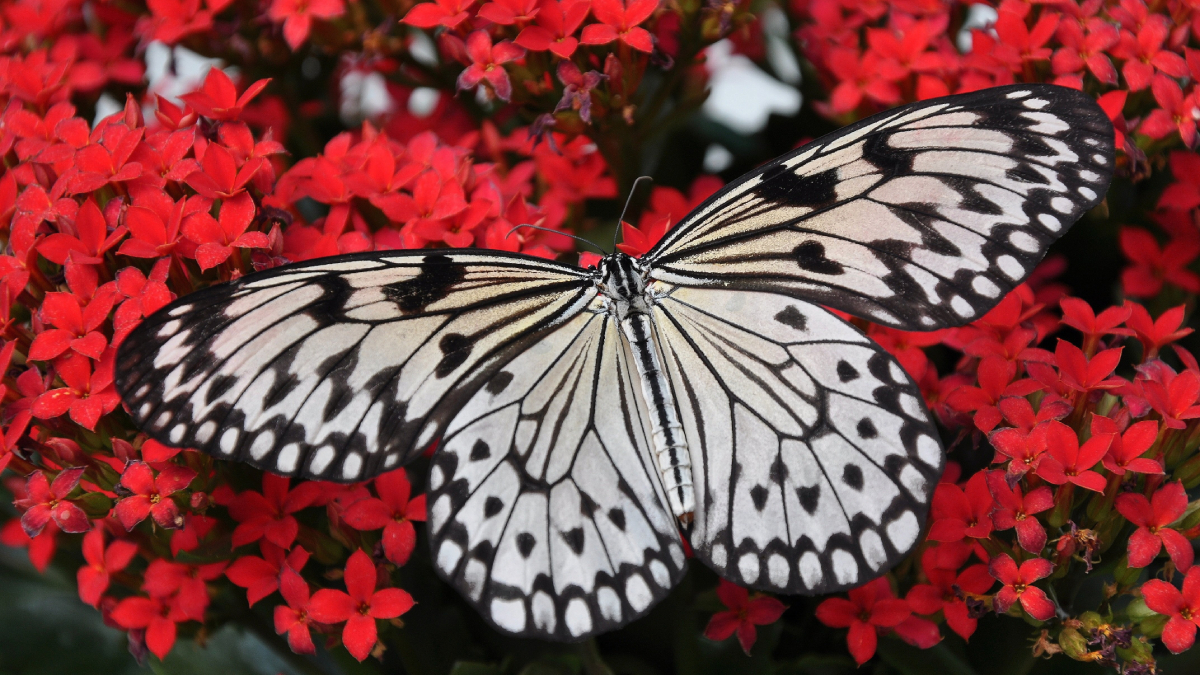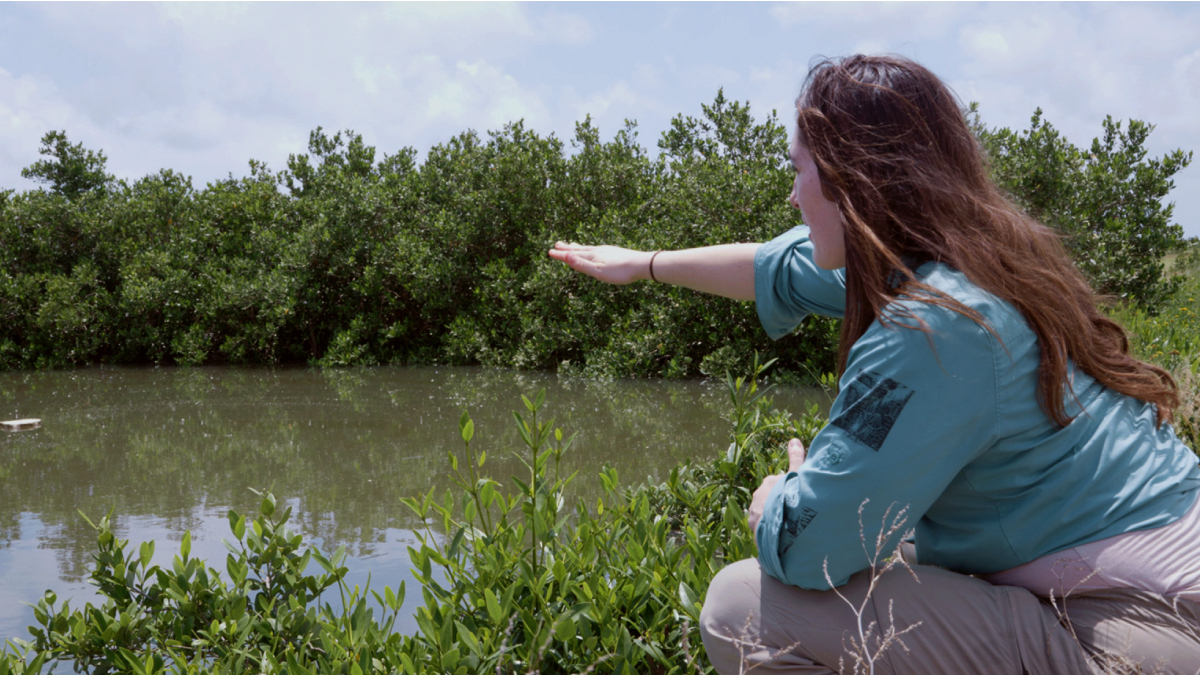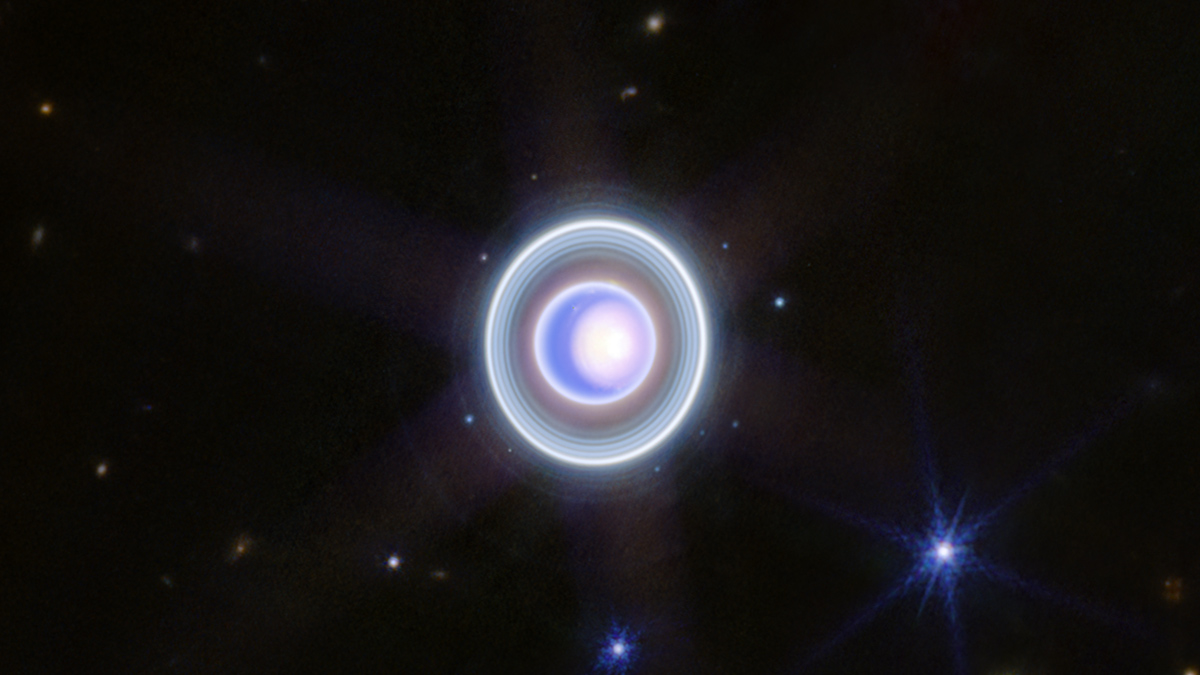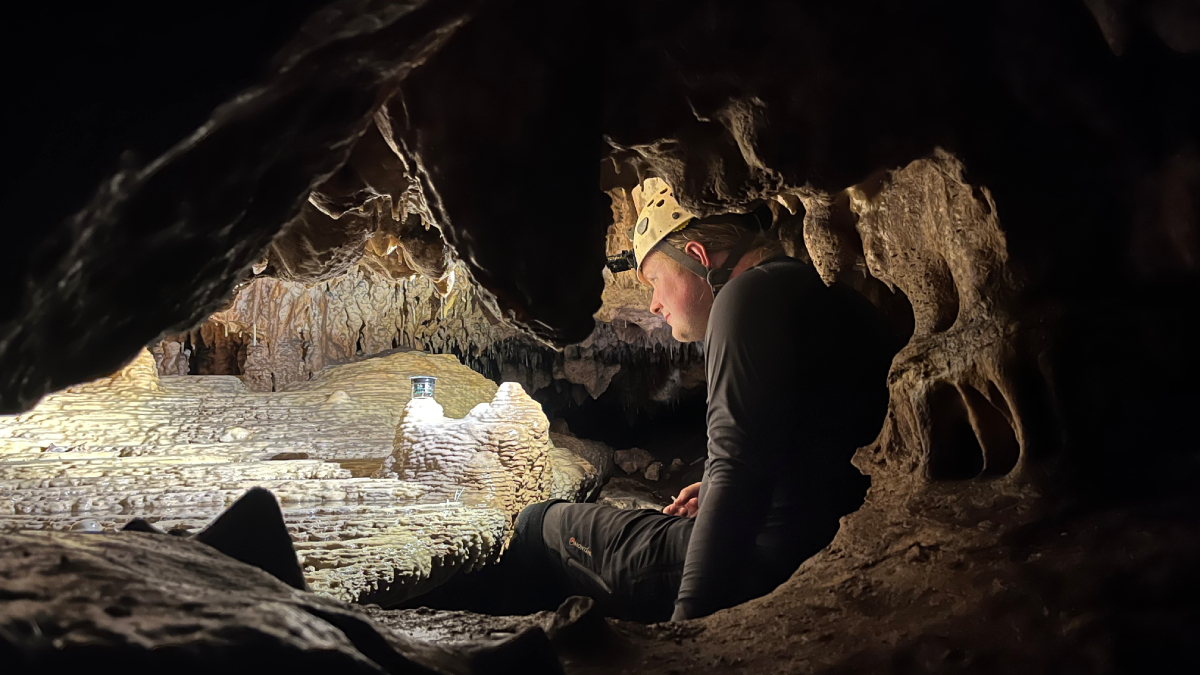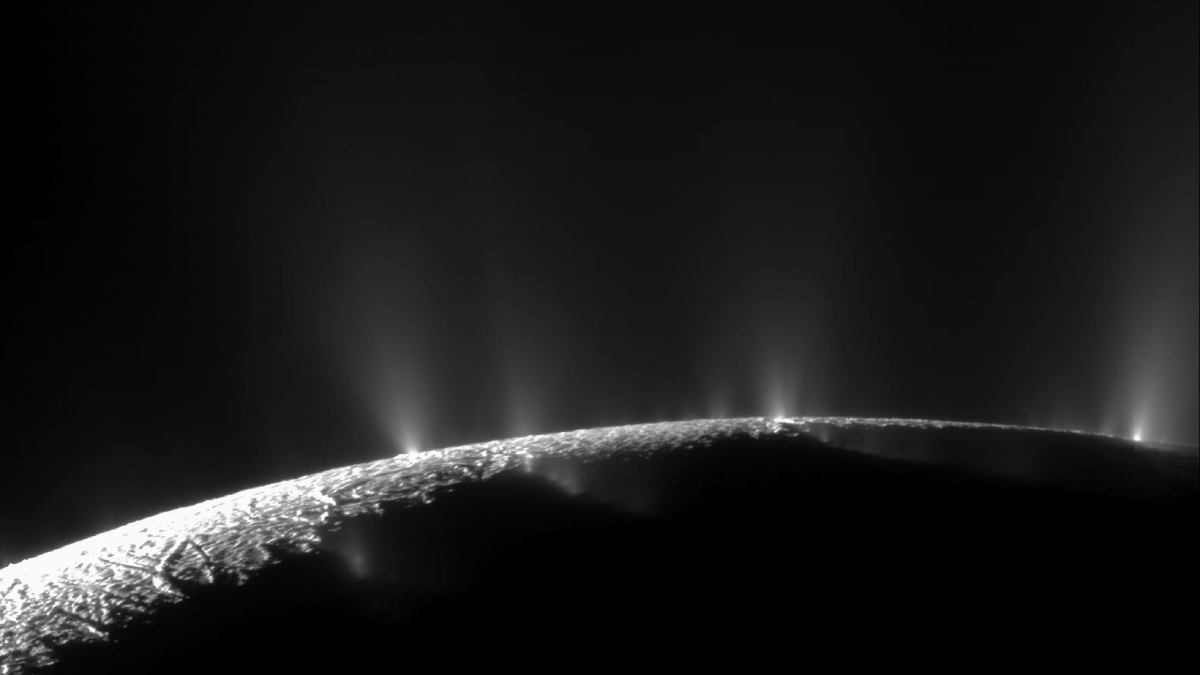Scientists are using new computational tools to analyze troves of old spacecraft data to better understand one of Mercury’s unsolved mysteries.
Kimberly M. S. Cartier
Kimberly M. S. Cartier, Senior Science Reporter for Eos.org, joined the Eos staff in 2017 after earning her Ph.D. studying extrasolar planets. Kimberly covers space science, climate change, and STEM diversity, justice, and education
Coral Diversity Drops as Ocean Acidifies
As seawater becomes steadily more acidic, complex branching corals die off and are replaced with hard boulder corals and algae.
Partial Shutdown Over DHS Funding Ensnares Education, Health
The U.S. government entered a partial shutdown Saturday at 12:01 Eastern after the Senate failed to resolve a showdown over funding for DHS and restrictions on ICE.
Science Escapes Largest Cuts in Latest Budget Bills
Today, top appropriators in the U.S. Senate and House of Representatives released a three-bill appropriations package for fiscal year 2026 (FY26) that largely rejects drastic cuts to federal science budgets that President Trump proposed last year.
Democracy and Education Increase Women’s Belief in Climate Change
The finding, which focuses on lower-income countries, could help inform plans to shrink the global climate knowledge gender gap.
Climate Change Could Drive Butterflies and Plants Apart
Insects and the plants they depend on are migrating in response to climate change, but not always in the same way.
Glass Sand Grows Healthy Mangroves
In places with lots of glass waste, sand made from recycled material could be another tool in the coastal restoration toolbox.
Uranus’s Small Moons Are Dark, Red, and Water-Poor
…Except for Mab, which is even weirder than expected.
Grandes Sequias Coincidieron con el Colapso Maya Clásico
El entendimiento de cómo las ciudades individuales respondieron al estrés climático ayudará a crear imágenes holísticas de cómo estas sociedades funcionaban.
Speedy Flyby Adds New Organics to Enceladus’s “Primordial Soup”
A new analysis of old Cassini data has also verified past detections of complex organics in Saturn’s E ring, strengthening the chemical ties between the ring and its progenitor.

